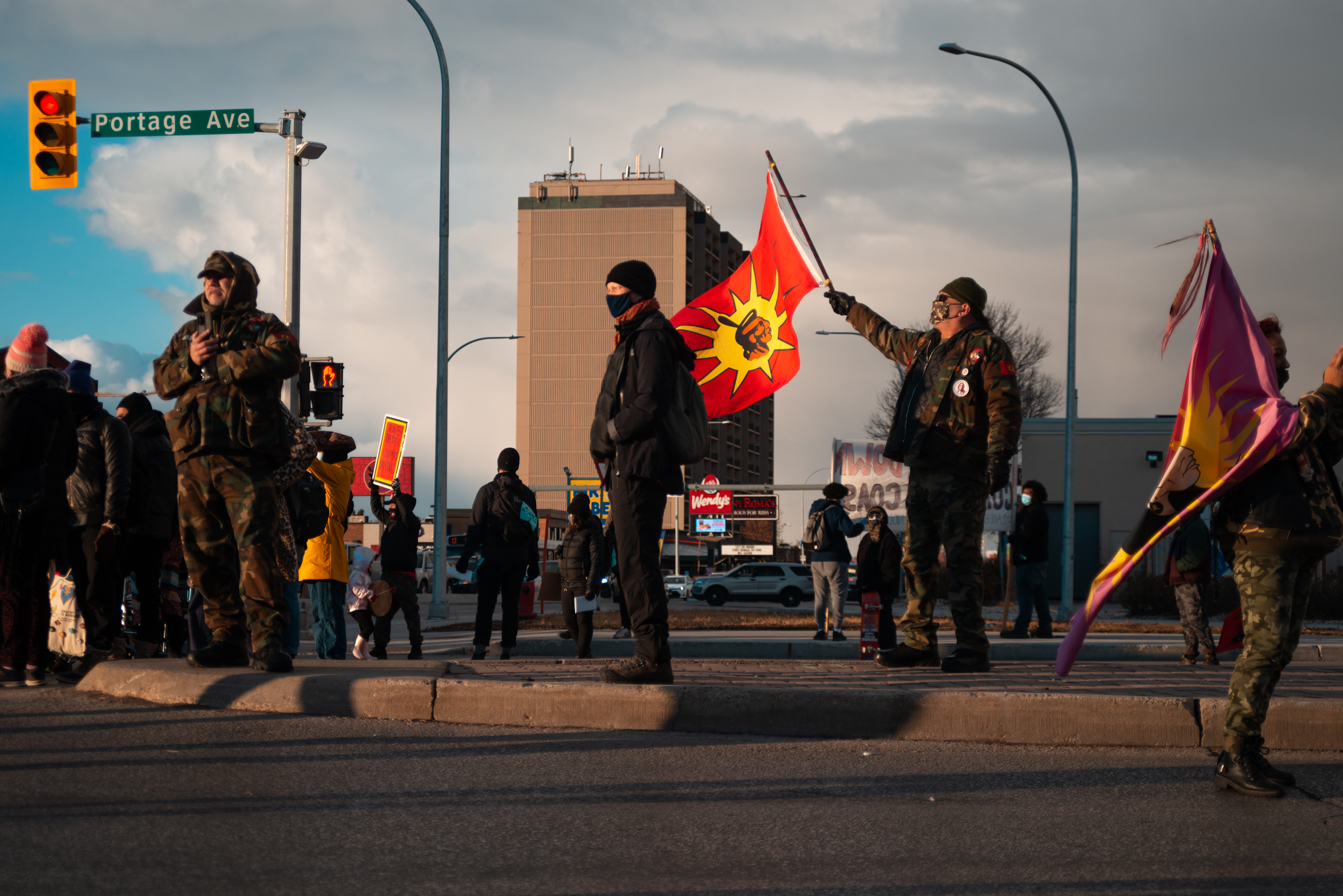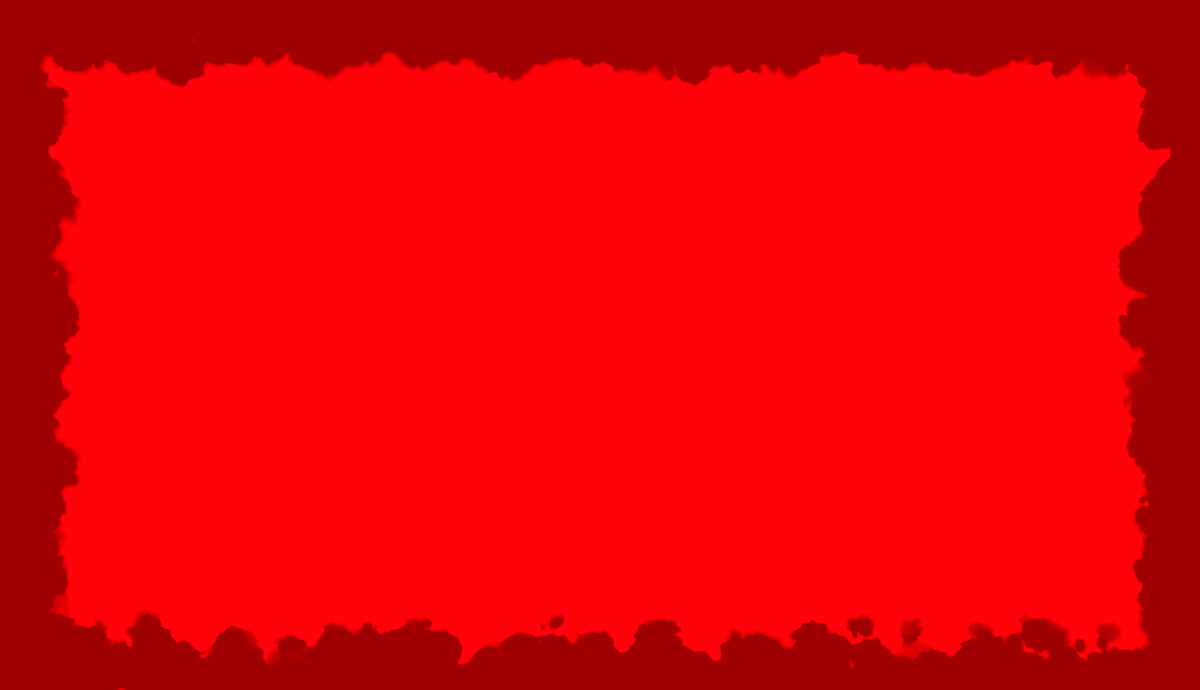The Winnipeg Aboriginal Film Festival, now in its eighth year, is returning with heightened ambitions and a slate of fifty films from Winnipeg and abroad. Special guests include veteran screen actor Gordon Tootoosis and Frozen River star Misty Upham. Publicist Claire Marchand notes that WAFF is “the third largest film festival dedicated to indigenous filmmaking,” and, as “Winnipeg has the highest population of aboriginals in Canada, and a young one as the average age is 27,” the festival and the culture it provides a voice for is a big part of our future.
A primary focus of the festival this year is geared towards fostering emerging talent. “Because the community is so young it’s important for us to be a youth centre for filmmakers. At the festival new filmmakers get to watch great movies and then meet and talk to the people who made them [ . . . ] and it’s an important networking opportunity for all filmmakers,” Marchand says.
In keeping with that mindset one of the highlights of this year’s festival promises to be Home Again. The film was made by the students of Argyle Alternative High School in collaboration with veteran film actor Gary Farmer. Coleen Rajotte, the festival’s founder and director, explains that the film focuses on “a family who had a daughter go missing and how their mother decides not to bury her grief in alcohol and brings her family together.” The film follows an ambitious, and very impressive feature film adaptation of Of Mice and Men, which screened at the festival last year. The completed film is slated to close out the festival.
Other festival highlights, according to Marchand, include “Run, a zero-budget, well acted and shot feature film from an up-and-coming director from Saskatoon.” In addition to such under-the-radar fare is a selection of more well-known programming such as Frozen River, which garnered two Academy Award nominations in 2008 and Sin Nombre (Without a Name), a hit at the 2009 Sundance Film Festival which focuses on South American gang turmoil and illegal crossing at the U.S. border. Also premiering is a new APTN pilot that deals with controversial reservation policies, which Marchand expects to stir up controversy.
Amongst all these international films is a full slate of local works, which Rajotte says “totally stack up with the rest of the programming.” Among these is Ikwe, created by Caroline Monnet in a MAWA (Mentoring Artists for Women’s Art) mentorship program, which is coming off a successful screening at the Toronto International Film Festival earlier this year.
But, more than anything, Rajotte wants people to know that “the films we are showing are of the highest quality. There’s a big misconception out there that this festival is only for the aboriginal community and that’s absolutely untrue. This is the best line up of films that we’ve had in our eight years of existence, and I’m not just saying that!”
The Winnipeg Aboriginal Film Festival runs from Nov. 18-22 at the Garrick Event Center. Complete festival programming is available at Aboriginalfilmfest.org.



